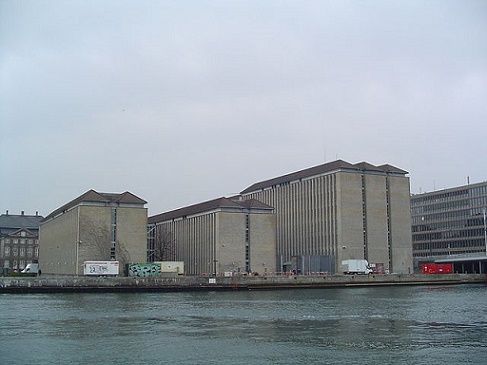A new survey based on data regarding how many countries – and which ones – choose to have an ambassador in any given land indicates that Denmark is slipping when it comes to diplomatic clout.
In the past, Denmark has always been perceived as punching above its weight as a small country, but one with much greater diplomatic influence than its geographical area and population would suggest.
The new figures compiled by Professor Martin Marcussen at the department of political science at the University of Copenhagen reveal that Denmark has dropped from 11th to 46th place on the global diplomatic network.
As well as the number of ambassadors in any given country, the research also takes into account how many diplomats a country has and how many embassies are established in that country.
In 1965, Denmark was in 11th place on the global diplomacy network, equal with Sweden. In 2017, this had changed to 46th place whilst the Swedes have only dropped to 20th.
According to figures compiled by CPH POST, there are 107 ambassadors based in Stockholm compared to just 71 in Copenhagen. Denmark has 75 ambassadors posted abroad.
READ MORE: Denmark’s ambassadors: base concerns
A three-pronged attack
Marcussen believes that ‘classic diplomacy’ is still relevant – especially when it comes to dealing with cross-border issues such as terrorism and humanitarian crises.
But in order to prevent Denmark falling even further behind, Marcussen would like to see steps taken in three particular areas.
For one thing, the foreign service ought to be reformed in line with the recommendations of the Taksøe Report in 2016.
READ ALSO: Denmark’s future foreign and defence policies to be more grounded in strategic interests
The central point in that report was that Danish foreign and security policy must be grounded in Denmark’s strategic interests and must focus on areas in which Denmark has the most at stake – where the country can make a real difference.
At the same time, other ministries besides the Foreign Ministry should get involved, along with the Danish towns.
Finally, the individual citizen’s perception of Denmark also plays a part. Marcussen suggests looking more closely at how foreign students, tourists and business people experience their contact with Denmark.















